Tennessee Walking Horses, representing 4.5% of the U.S. equine population[1], are renowned for their distinctive four-beat running walk and widespread popularity throughout the American South. As a prominent gaited breed managed by the Tennessee Walking Horse Breeders' and Exhibitors' Association[1], these horses require particular attention to their gastrointestinal health to maintain their performance and overall wellbeing. This comprehensive overview examines the common digestive issues affecting Tennessee Walking Horses and current management approaches.
Breed-Specific Considerations
Tennessee Walking Horses show particular susceptibility to certain gastrointestinal conditions. Most notably, they demonstrate a higher incidence of inguinal hernias compared to other breeds[2], with research indicating a less favorable prognosis for surgical intervention in these cases. This breed-specific vulnerability necessitates vigilant monitoring and early intervention strategies.
Common Gastrointestinal Conditions
Colic remains one of the most significant health concerns for Tennessee Walking Horses. The condition manifests through impaction colic, frequently observed in the pelvic flexure region of the left colon, gas colic related to dietary changes or stress, and spasmodic colic triggered by nervous system stimulation or dietary factors[2].
Tennessee Walking Horses, particularly those in training or competition, show susceptibility to gastric ulcers[3]. Contributing factors include stress from training and showing, irregular feeding schedules, high-grain diets, and limited access to forage.
The hindgut health of Tennessee Walking Horses requires special attention due to their unique gaits and exercise patterns. Primary concerns include cecal impaction, large colon displacement, and microbial imbalances.
Prevention and Management Strategies
Implementing appropriate feeding strategies is crucial for maintaining digestive health. This includes establishing a regular feeding schedule with multiple small meals throughout the day, ensuring adequate forage provision of at least 1.5% of body weight daily[4], limiting grain concentrates, and providing constant access to fresh, clean water.
Proper exercise management helps maintain digestive health through gradual conditioning programs, regular turnout opportunities, controlled warm-up periods, and post-exercise cool-down routines.
The Role of EquiNectar®
EquiNectar® offers a comprehensive solution for Tennessee Walking Horses' digestive health through its unique formulation of active digestive enzymes derived from malted barley. The supplement contains crucial enzymes including amylase for breaking down cereal starch, fructanase for complex sugar digestion, phytase for improved mineral absorption, cellulase and xylanase for enhanced forage digestion, and beta glucanase for processing complex carbohydrates. These enzymes work synergistically to support optimal hindgut function, which is particularly important for Tennessee Walking Horses given their susceptibility to digestive issues. The supplement's ability to reduce starch load on the large intestine while promoting beneficial gut bacteria growth can help prevent common problems such as colic and impaction. Additionally, its palatable nature ensures consistent consumption, even among selective eaters, while its natural composition from malted barley preserves essential B vitamins, notably folate and niacin, supporting overall digestive health and potentially reducing instances of digestive discomfort that could affect the breed's signature gait and performance.
Regular Health Monitoring
Establishing a consistent health monitoring routine is essential and should include daily observation of eating habits, regular dental examinations, monitoring manure consistency and output, temperature checks when concerns arise, and regular veterinary check-ups.
Treatment Approaches
When gastrointestinal issues arise, treatment typically begins with immediate response measures including pain management, fluid therapy, and movement restriction when appropriate. Veterinary intervention may include diagnostic procedures, medical treatment, and surgical intervention when necessary. Recovery management involves controlled refeeding programs, modified exercise schedules, and preventive care implementation.
Conclusion
Understanding and managing gastrointestinal health in Tennessee Walking Horses requires a comprehensive approach that considers their unique characteristics and needs. Through proper management, regular monitoring, and appropriate intervention when necessary, many common digestive issues can be prevented or effectively managed. Continued research and advancing treatment options offer promising developments for maintaining the gastrointestinal health of this unique breed.
References
- Cochran, C. (2024, May 26). Top 14 Most Popular Horse Breeds in North America. MB Mad Barn.
- Moore, J. (2021, October). Diseases Associated with Colic in Horses by Anatomic Location. MSD Veterinary Manual.
- Cochran, C. (2024, June 25). Tennessee Walking Horse Breed Guide: Health, Nutrition & Characteristics. MB Mad Barn.
- Kentucky Equine Research. (2024, March 6). Accurately Estimating Body Weight of Horses: Why and How.


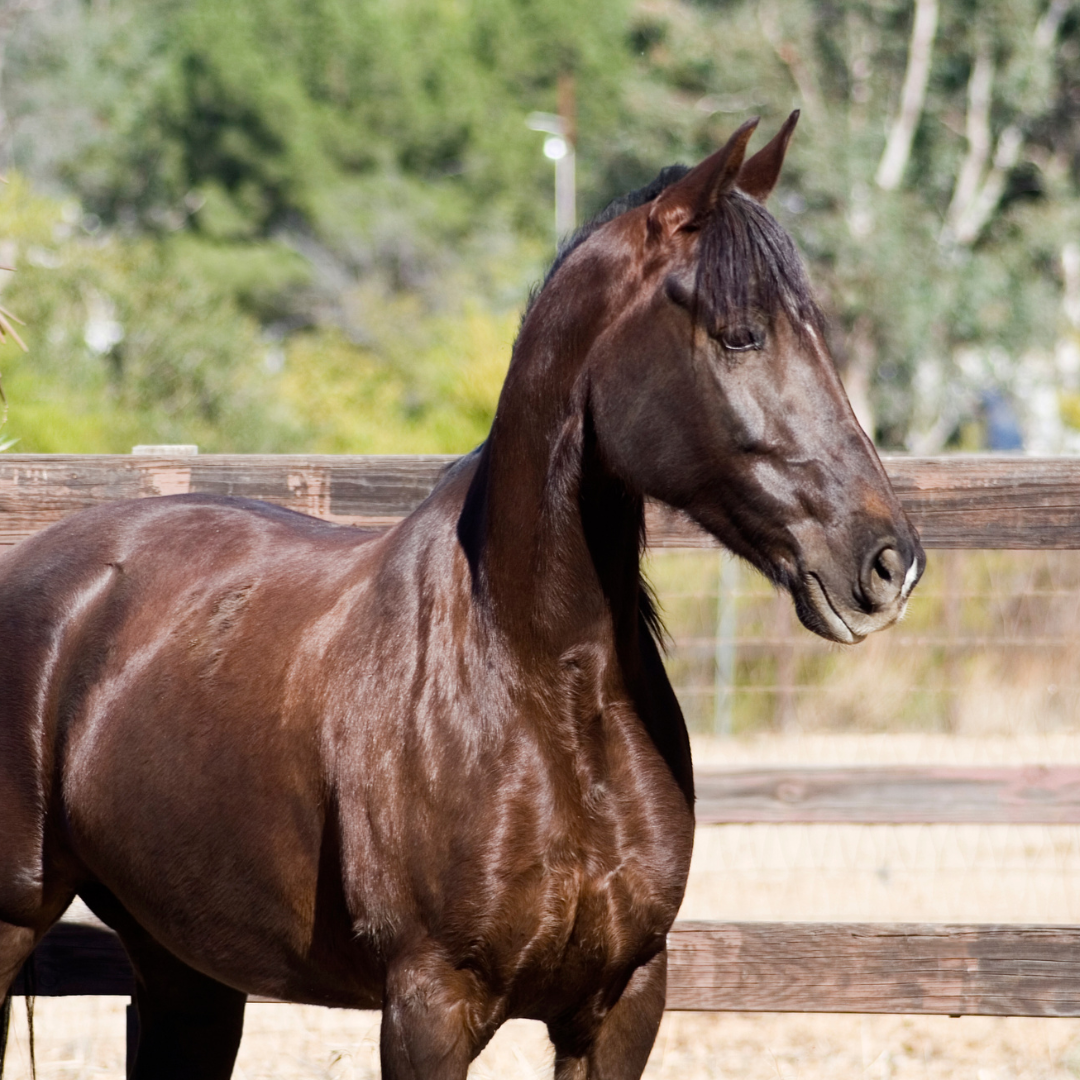
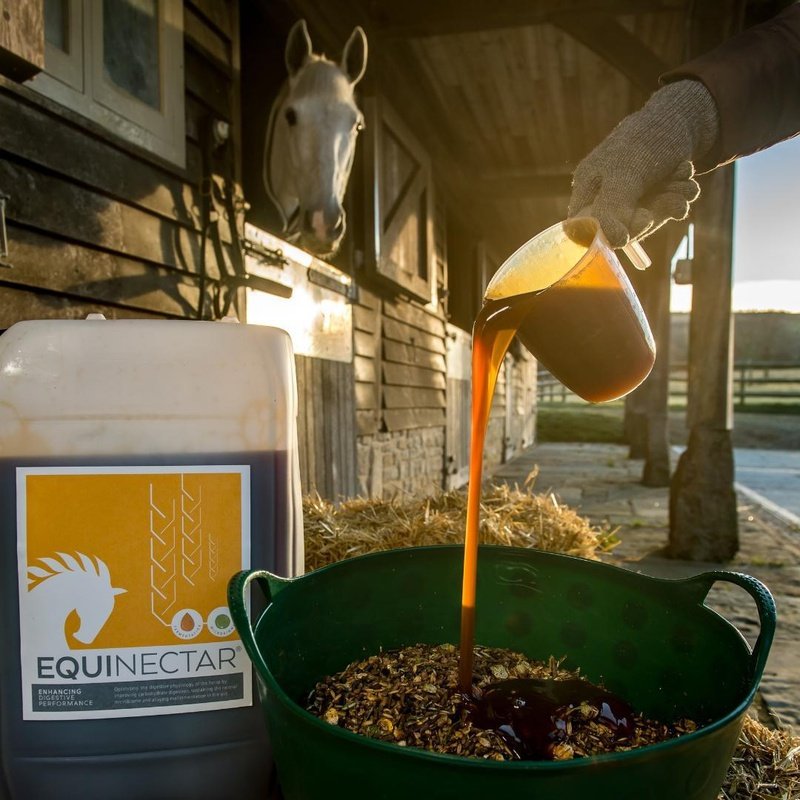
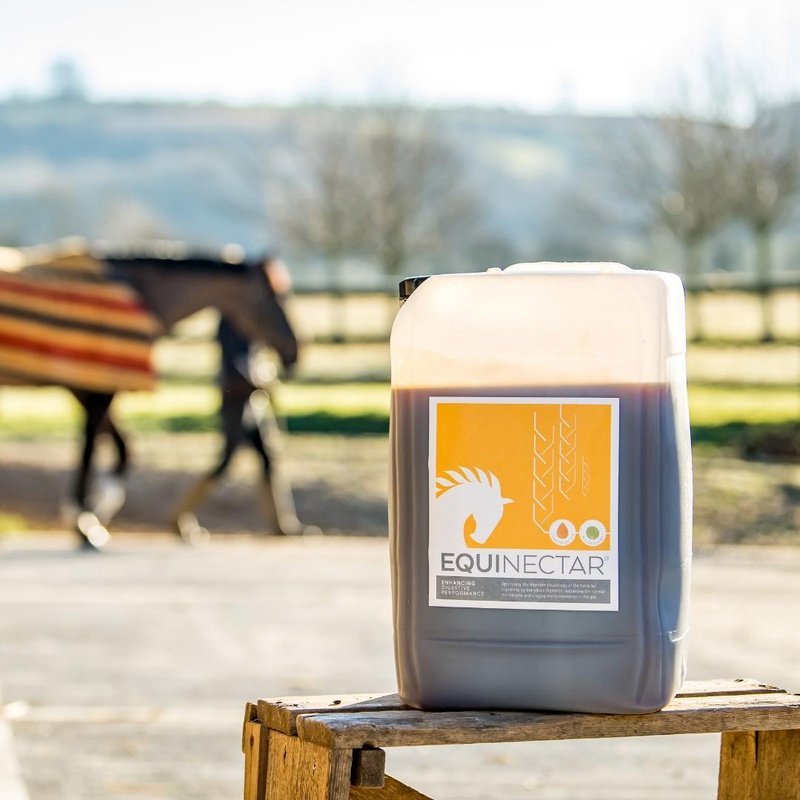
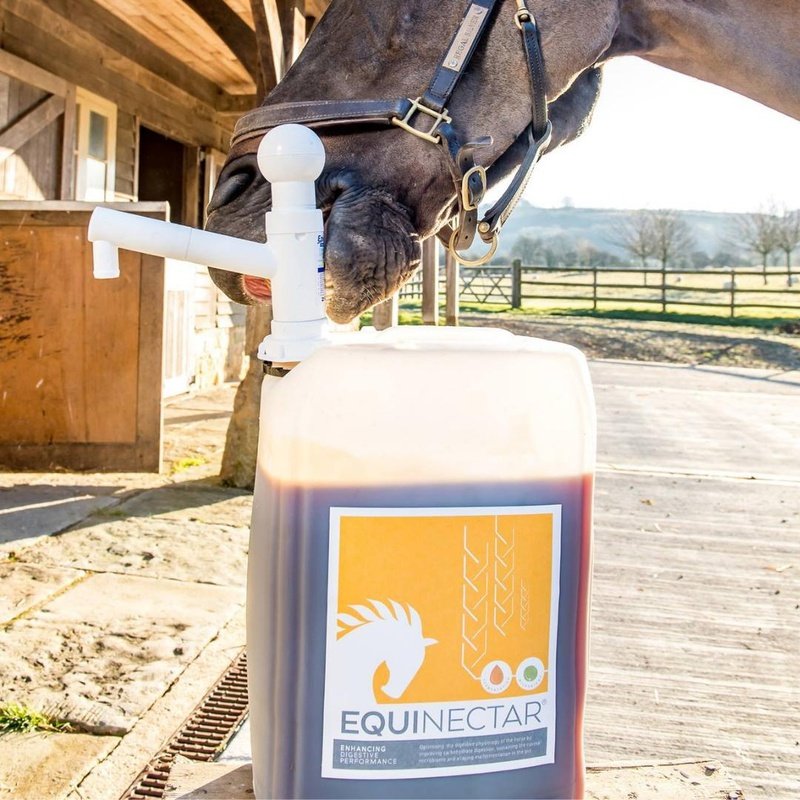
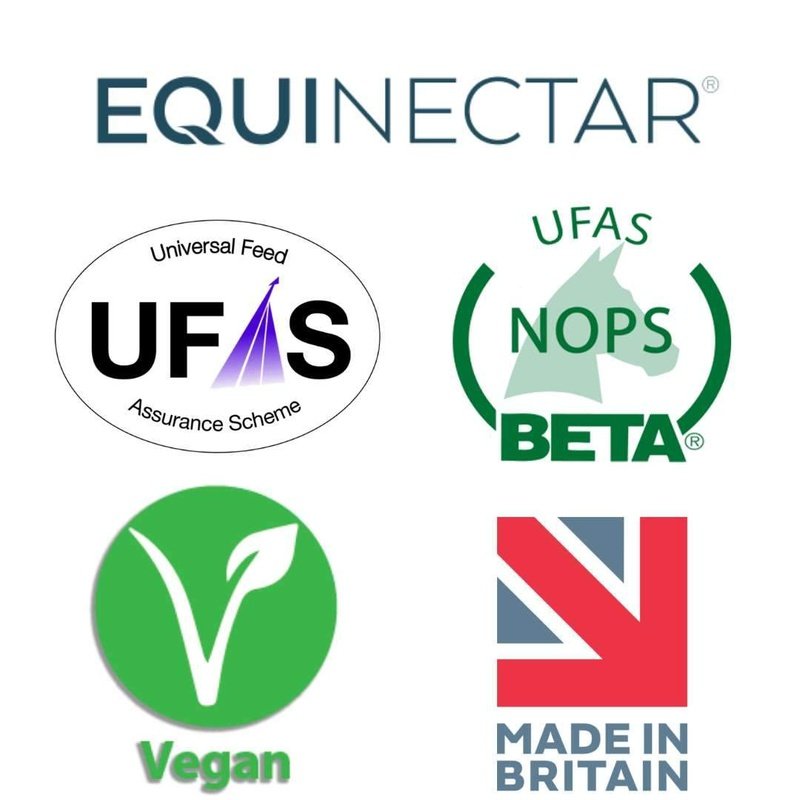
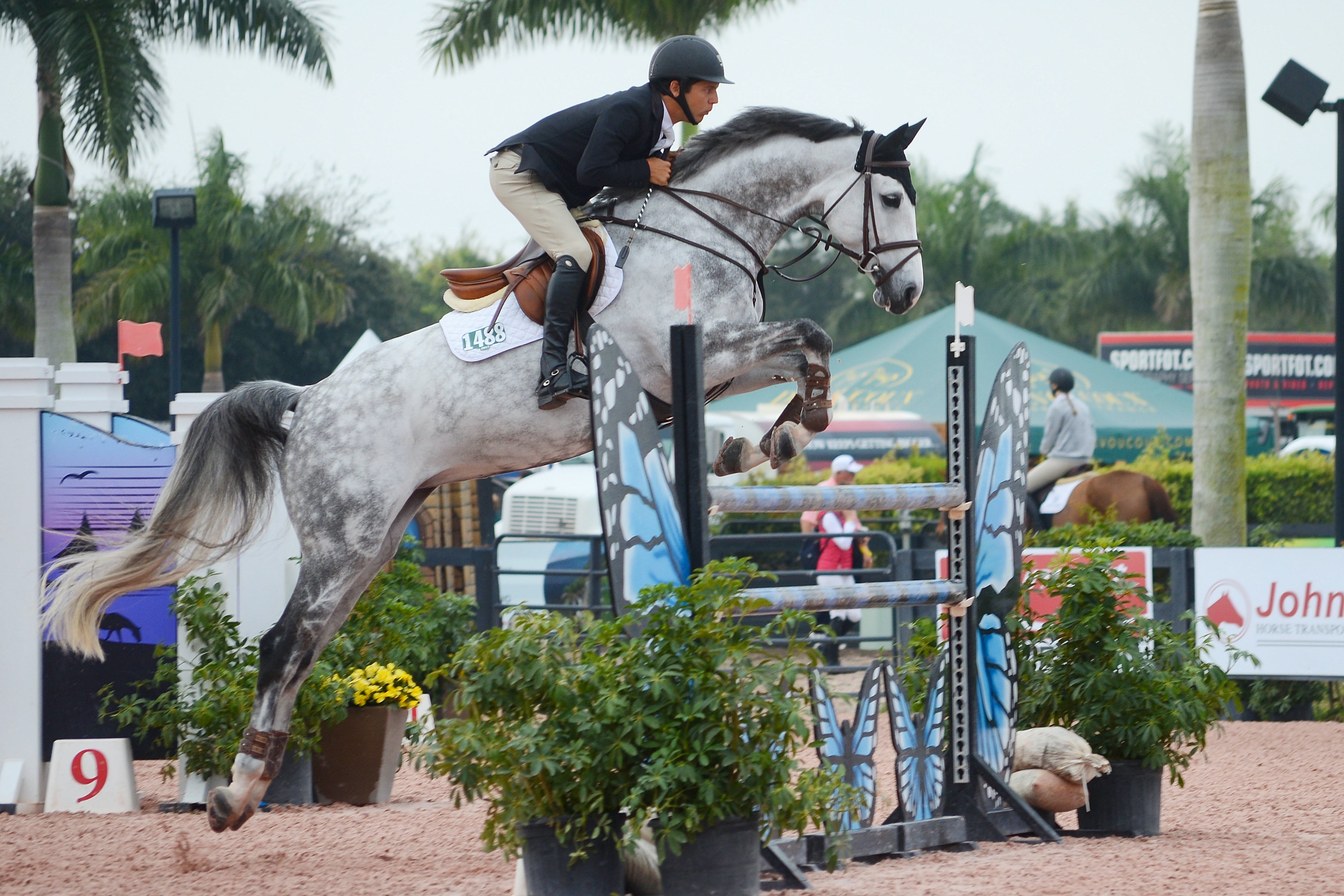
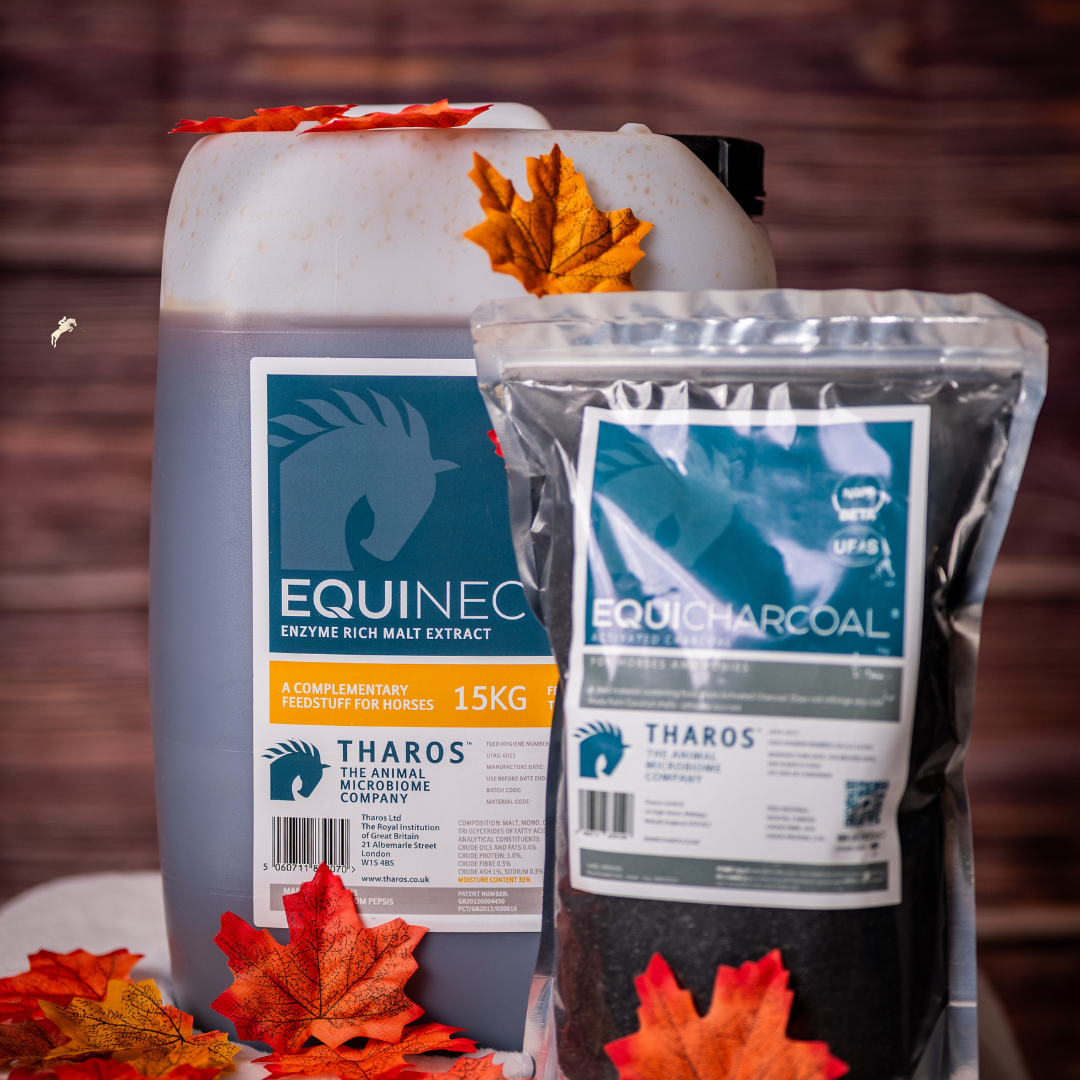
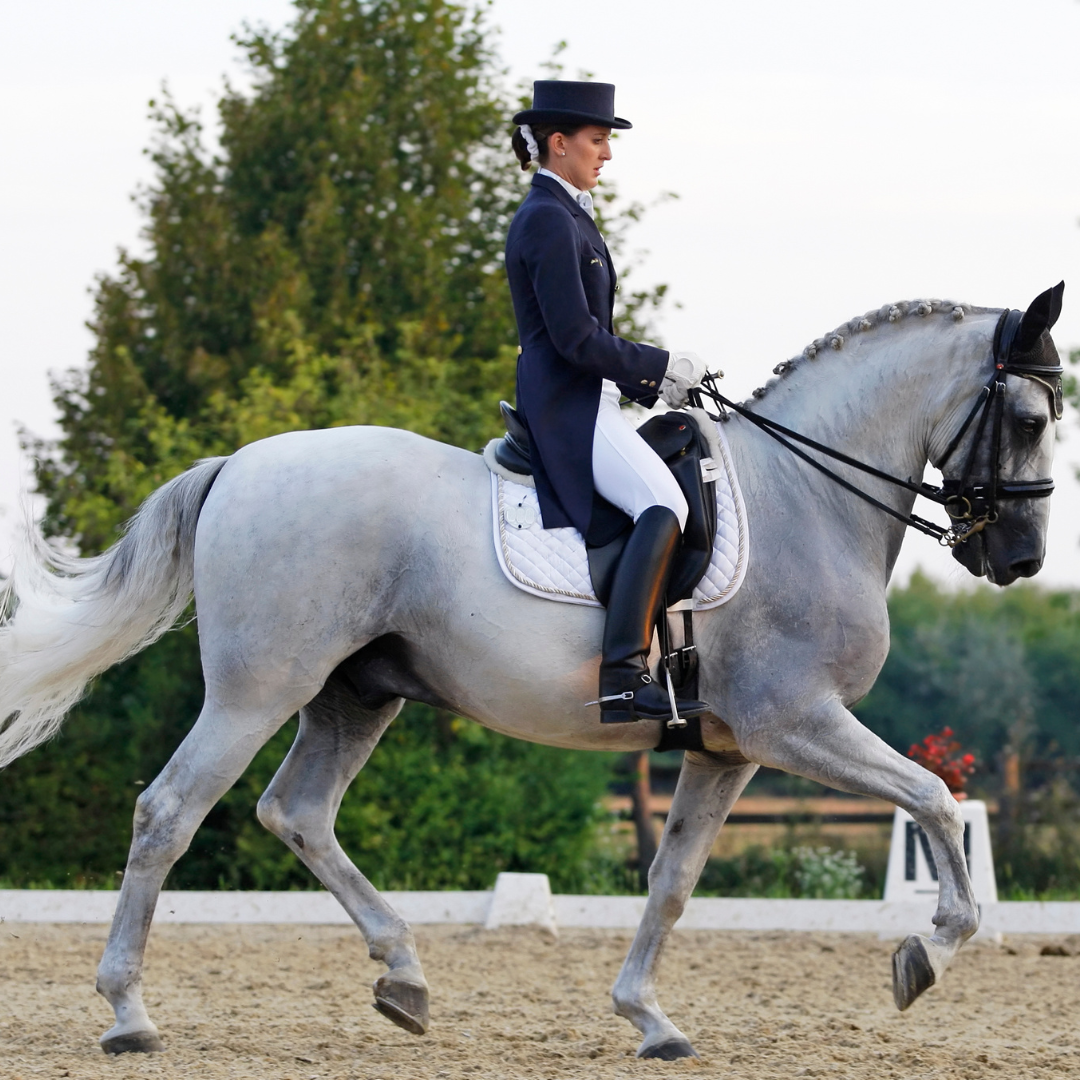
Share: